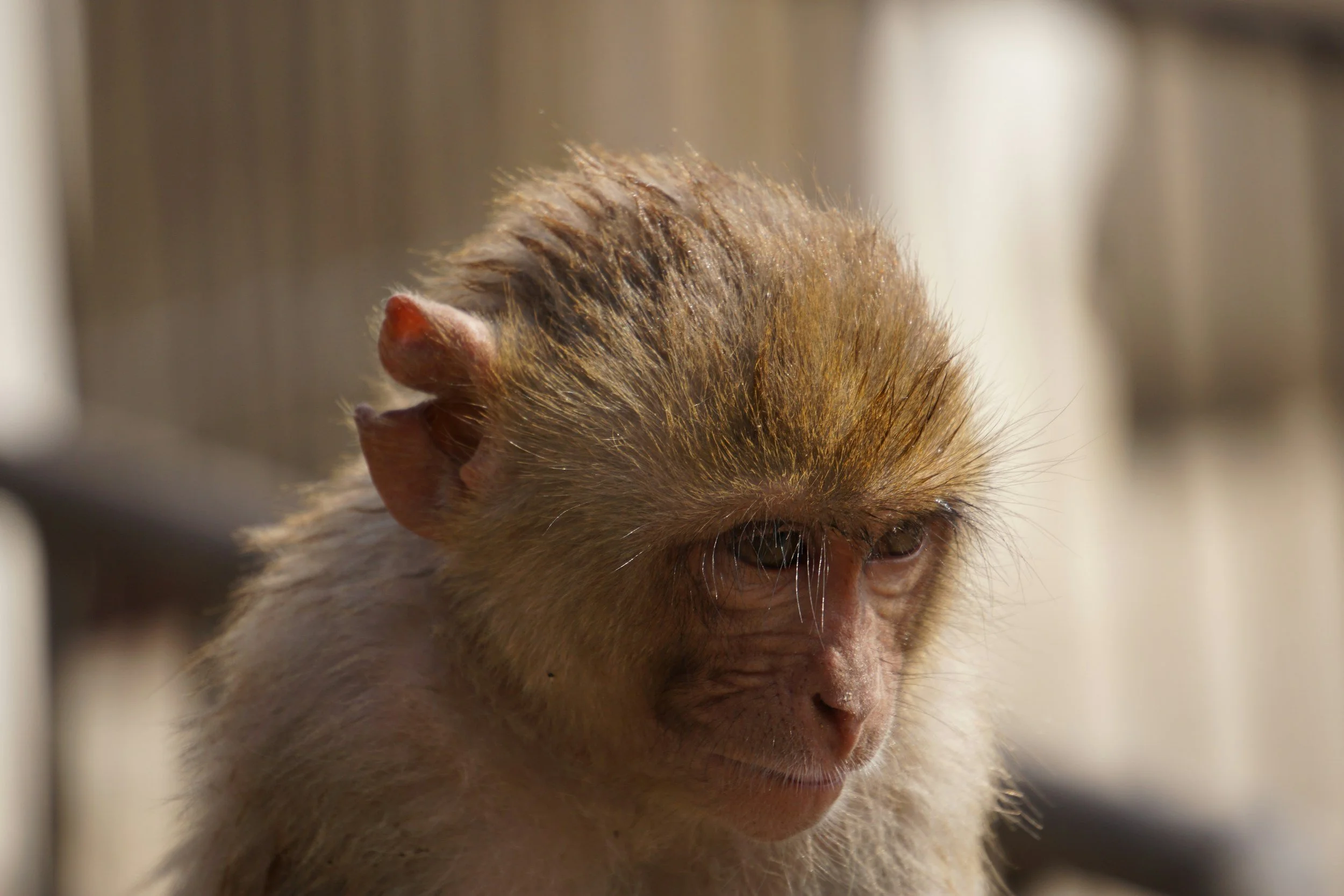MycoWorks Just Got The Funding It Needs To Make Mushroom Leather Mainstream
The biotechnology company has secured an additional $125 million investment to launch a new production plant.
Credit: MycoWorks
MycoWorks, a biotechnology company creating mycelium - a fungal-based biomaterial that can replace animal leather - has secured an additional $125 million in a Series C funding round led by Prime Movers Lab, with participation from new investors SK Networks and Mirabaud Lifestyle Impact & Innovation Fund, in addition to other new and existing investors.
The San Francisco biotechnology firm will use the funding to launch a production plant in South Carolina to scale the manufacturing capacity of its flagship product, Reishi™. The new facility is modeled on the company’s successful pilot plant in Emeryville, California, where MycoWorks produced over 10,000 trays of fine mycelium, proving the scalability of the process. One tray is equivalent to half an animal hide. The new facility is expected to be operational within 12 months and will initially be able to produce volumes of several million square feet of Fine Mycelium materials per year.
Credit: Lindsey Filowitz/ MycoWorks
“We are thrilled to partner with new and returning investors who have deep experience in manufacturing scale-up. MycoWorks’ Fine Mycelium platform produces the world’s highest-quality, leather-like material via a proprietary process that we own and operate,” said Matt Scullin, CEO of MycoWorks. “As the only vertically-integrated biomaterials company in the space of the new materials, we will use this new capital to continue growing our leadership position.”
Founded in 2013 by Philip Ross and Sophia Wang, Mycoworks’ fine mycelium process produces the luxury material that has the texture and functionality of soft, supple animal leather. It can also be grown to fit the desired size, shape, and thickness, in turn, offering designers an excitingly innovative, low-waste material to work with.
In Spring 2021, MycoWorks announced its first partnership with French design house Hermès and now has contracts in place with a range of major global luxury brands, according to the company.
“The [fashion] industry is in a bit of a conundrum where they have to meet these new sustainability demands that consumers are placing on them,” says Scullin. “And they also have to grow.”
MycoWork’s product emits far fewer greenhouse gases and uses less water and resources than animal leather, supplying fashion brands with a solution to avoid the environmental and ethical issues associated with animal leather without resorting to synthetic alternatives made of plastic.
“What MycoWorks has achieved with its Fine Mycelium platform is not just a breakthrough, it is a revolution for industries that are ripe for change,” said David Siminoff, General Partner at Prime Movers Lab. “This opportunity is massive, and we believe that unrivaled product quality combined with a proprietary, scalable manufacturing process has MycoWorks poised to serve as the backbone of the new materials revolution.
Why We Need Solutions to Animal-Leather
Soon to be valued at nearly $128.61 billion, the global animal leather industry slaughters over one billion animals every year. And contrary to popular belief, animal leather is not simply a “by-product” of the meat industry - it’s a co-product. Animal leather is in itself a fully mechanized independent industry that has a detrimental impact on the planet, the animals, and the people involved in the production. Just recently, the animal leather used by more than 100 fashion brands has been linked to deforestation in the Amazon, according to a new report compiled by Slow Factory. “The Amazon rainforest is fast approaching the tipping point of irreversible ecosystem collapse, according to scientists,” the report states. “We’re calling on the world’s leading fashion brands to act immediately to protect the Amazon rainforest, its people, and our global climate future.”
Do you want to live your life aligned with your animal-loving values? Take part in our 7-day challenge here.
More stories:
Species Unite
A collection of stories of those who fight the good fight on behalf of animals.





As plant-based diets gain scientific backing, critics say the meat industry is deploying coordinated tactics to shape public opinion.